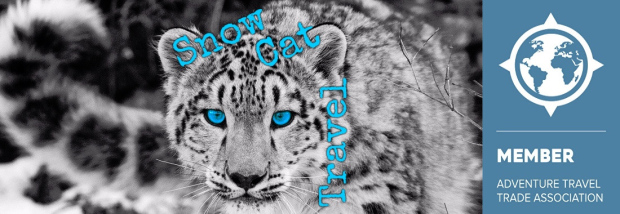With a backdrop of the magnificent Himalayas, a soaring vulture with a colossal wingspan is a wondrous sight.
But today they are under threat. In Nepal, organizations have taken the initiative to tackle the plight of the vultures. How? By introducing Vulture Restaurants - fly in not drive in.

These amazing birds are in trouble. The decline in the number of vultures is due to the veterinary drug diclofenac, which is widely used to treat the livestock in Asia. Vultures get exposed to diclofenac by feeding on carcasses, which contain residues of this drug. Even a small proportion (one in 130) of carcasses contaminated by diclofenac can be fatal to the vultures.
On the other hand, meloxicam, which is also as effective as diclofenac for the livestock is safe for vultures and other scavenging birds.
OK, so some may well say that vultures aren't the prettiest of creatures, but its beauty lies within. They are the “cleaners” of the natural world. Not only do they play a vital role within the eco-system, but the vultures are also good for our health.
The people of Nepal have given the birds a nickname, ”kuchikar" - meaning a broom.
Studies have shown that the vulture's stomach acid is 100 times stronger than a human being's and destroys harmful bacteria that would otherwise enter the environment. Cholera and rabies in particular.
In fact, medical evidence suggests that since the decline (by almost 99%) of vulture populations in India, the number of people dying from rabies has increased by 50,000!
Simply put, vultures are our friends as well as nature's.

The two vulture restaurants in Nepal are believed to be the first community-managed feeding stations, and they are now open to visitors too. So, both the vultures and the locals can benefit.
In the Hindu religion, Jatayu is the vulture god. Thus, the feeding stations have been named Jatayu Restaurants.

One of the restaurants is located on the edge of the world-famous Chitwan National Park, which is perhaps best known for being the home of the Bengal Tiger.
Now visitors to Chitwan can also enjoy the spectacle of soaring vultures gliding effortlessly on the thermals, circling in large numbers before coming into the land to feed on the meal that has been put out for them.
It’s quite a sight as they all jockey for position, squabble and enjoy a good, if not frenzied feed, that is most importantly pesticide free.


Original Source: Snow Cat Travel WordPress Blog



